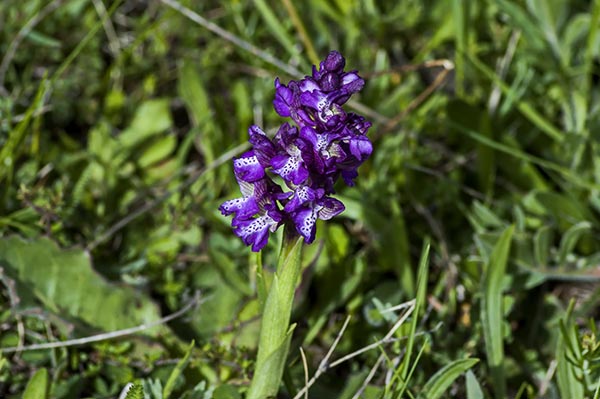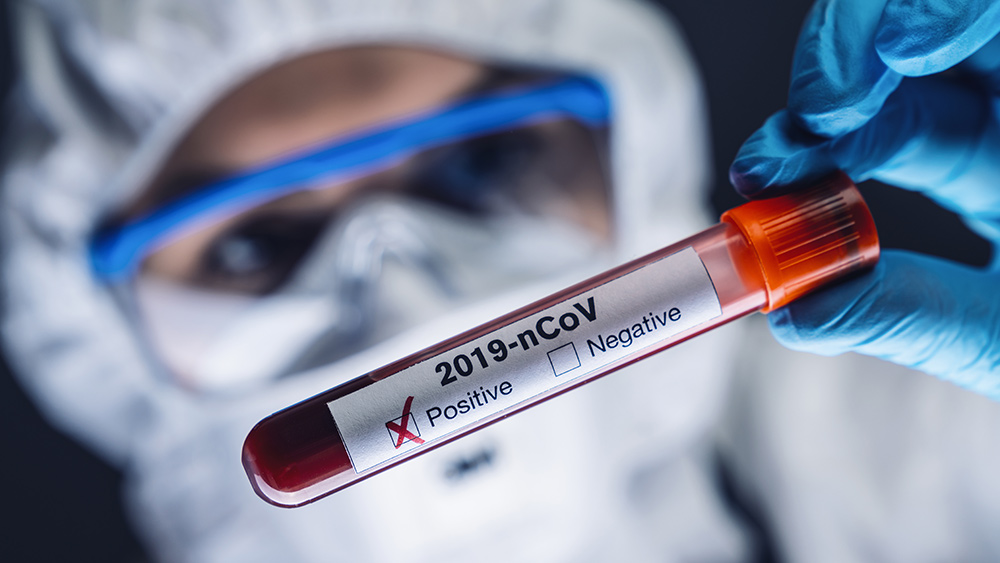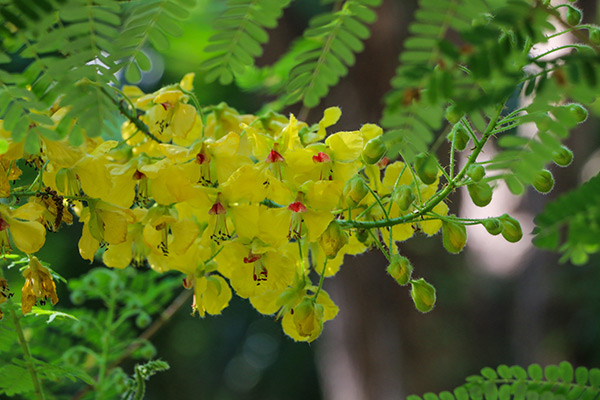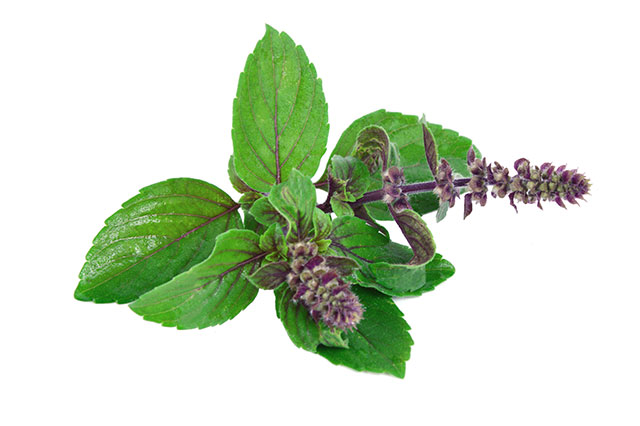A combination of naringin and sericin exhibits anti-inflammatory effects against psoriasis
06/30/2020 / By Evangelyn Rodriguez

Psoriasis is a chronic autoimmune skin disease that causes itchy, scaly red patches. A common but peculiar skin problem, psoriasis has a tendency to come and go. Sufferers may experience flaring for weeks or months, followed by a period in which it subsides or even goes into remission.
Several factors are involved in the development of psoriasis. These include environmental, genetic and immune-related factors. According to studies, the prevalence of psoriasis is 1.3 to 2.2 percent worldwide.
In a recent study, researchers from different universities in Thailand investigated the potential application of naringin, an active compound found in Citrus maxima (pomelo), and sericin, a polymer produced by Bombyx mori (domestic silk moth), for the treatment of psoriasis.
They believe that these natural products possess numerous beneficial properties, the most important of which (in this case) is anti-inflammatory activity. Inflammation is an immune-related process that has been strongly linked by studies to the development of psoriasis.
The researchers reported their findings in an article published in the journal BMC Complementary and Alternative Medicine.
A unique alternative treatment for psoriasis
A number of immunological pathways, especially skin inflammation triggered by various pro-inflammatory signaling molecules (cytokines), are said to be involved in the pathogenesis and clinical manifestation of psoriasis.
In search of an effective natural treatment for the disease, the researchers evaluated the ability of a combination of naringin and sericin to inhibit the expression and subsequent production of pro-inflammatory cytokines, such as TNF-a, interleukin (IL)-6, IL-23 and IL-12p40.
They used human peripheral blood mononuclear cells (hPBMCs) — a diverse mixture of highly specialized immune cells — taken from 10 healthy subjects and 10 psoriasis patients for their experiments.
The researchers first treated the hPBMCs with naringin, sericin and a combination of both, then measured the mRNA expression levels and the production of pro-inflammatory cytokines using quantitative RT-PCR and ELISA, respectively.
They found that the combination of naringin and sericin significantly decreased the mRNA expression and production of TNF-a, interleukin (IL)-6, IL-23 and IL-12p40 in the hPBMCs of psoriasis patients.
The combination treatment also showed markedly higher inhibitory activity than naringin or sericin alone, suggesting a potential for clinical use for the treatment of inflammatory diseases.
Based on these findings, the researchers concluded that the combination of naringin from pomelo and sericin from silk moth can be used as a complementary therapy for the treatment of psoriasis. (Related: A closer look at the effects of cannabidiol on psoriasis symptoms.)
The beneficial properties of naringin and sericin
Naringin is a flavonoid glycoside that can be found in citrus fruits like pomelo and grapefruit and in traditional Chinese medicines. According to studies, this active compound possesses antioxidant, anti-inflammatory, anti-apoptotic, anti-ulcer, anti-osteoporotic and anti-carcinogenic properties. However, despite its beneficial properties, only a few studies have described its extraction and purification from citrus fruit peels.
In the present study, Thai researchers chose naringin due to its reported anti-inflammatory activities. A previous study has found that an ointment containing naringin was able to reduce inflammation and promote wound healing in rats. Besides these positive effects, naringin has also shown potential as an alternative medicine for hypertension, high cholesterol, high blood sugar and obesity.
Like naringin, sericin from the domesticated silkworm has also exhibited anti-inflammatory properties in several studies. Its mechanism of action mainly involves the inhibition of pro-inflammatory cytokine production. Sericin has also demonstrated the ability to reduce oxidative stress, prevent the growth of colon cancer cells and accelerate wound healing. Due to the latter, sericin is widely studied for its potential applications in tissue engineering.
Plants are rich sources of useful compounds that can benefit human health in a variety of ways. This is why, today, many therapeutic products contain extracts from well-studied medicinal plants and other natural sources. While conventional medicines offer temporary relief from diseases like psoriasis, they also come with unwanted side effects. Hence the development of alternative medicines, such as naringin and sericin, is an exciting prospect that promises better and safer treatments for chronic inflammatory diseases.
Sources include:
Tagged Under: alternative medicine, anti-inflammatory, Cosmetics, food cures, food is medicine, fruits, functional food, inflammatory diseases, natural cures, natural medicine, phytonutrients, pomelo, psoriasis, remedies, research, silk moth, skin disorders, skin health



















